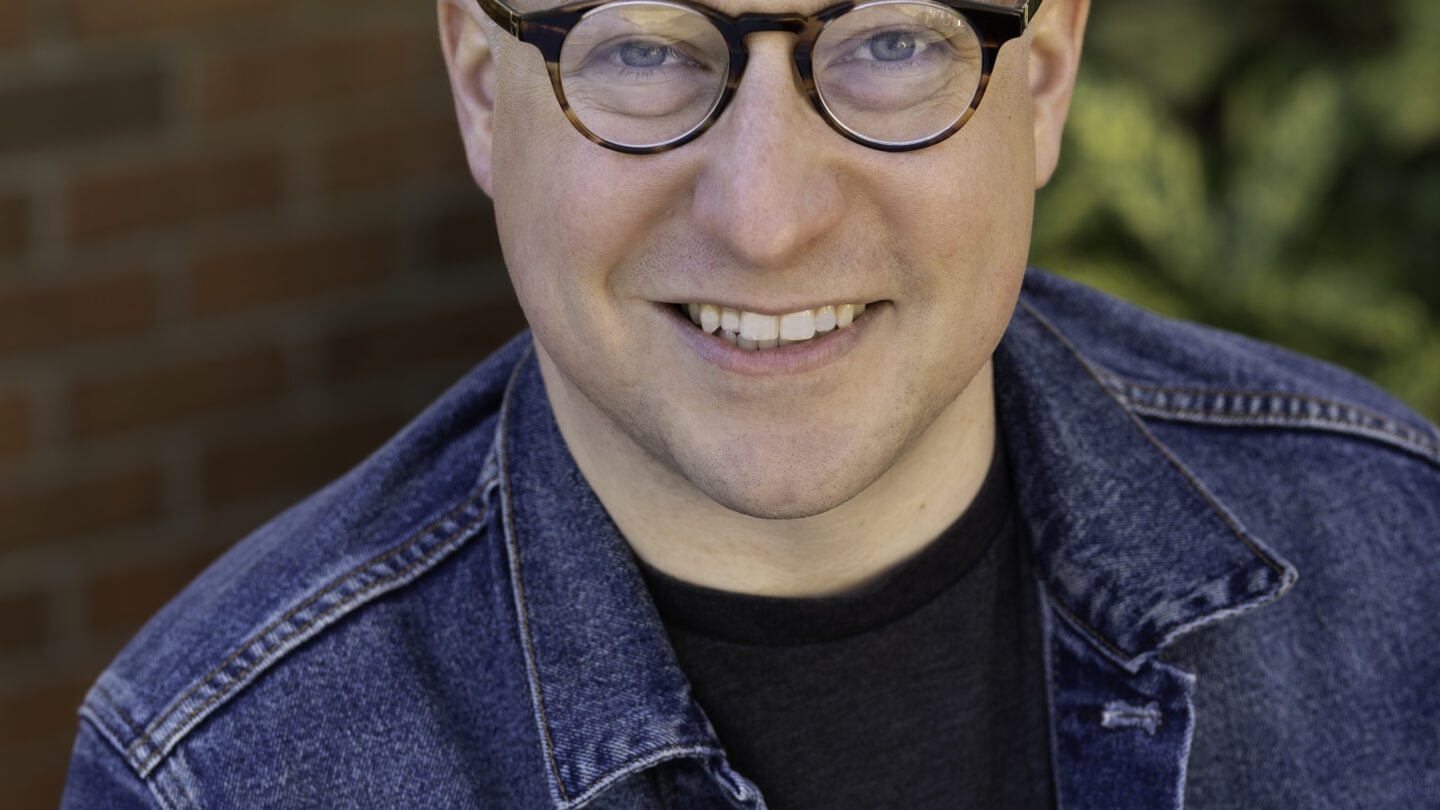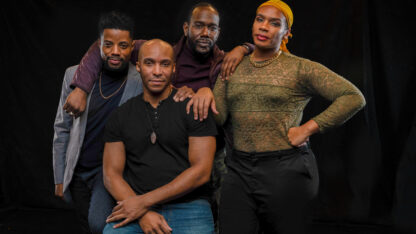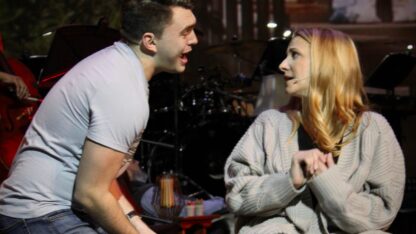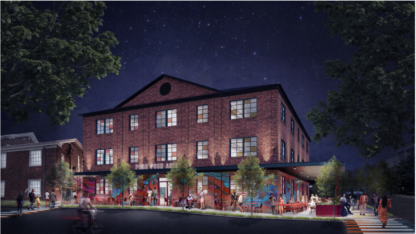Theater Professor Charles Parrot uses integrative approach when teaching performance

In January, “City Lights” rolled out a new series called “The Art of Teaching,” featuring Georgia educators whose dedication and creativity make a lasting impact on students, often turning their passions into professions. This installment spotlights Dr. Charles Parrot, associate professor in the Department of Theater and Performance Studies at Kennesaw State University.
He also directs the KSU Tellers, a storytelling troupe. Dr. Parrot joined “City Lights” host Lois Reitzes via Zoom to share his integrative approach to teaching performance.
Interview highlights:
How Dr. Parrot sees communication skills as the key to performance:
“Back in the day, I used to be a speech and debate coach at the college level, and I loved that, mostly because I loved working with students and helping them create material for competition that was meaningful and enriching to them,” said Parrot. “I also have a Ph.D. in communication, and my specific area is thinking about aesthetic communication and performance, and those two things go together well when you think about the ways that we can help students create performances of their own.”
Coursework to expand ideas of identity, history and performance:
“I teach an amazing class called ‘Performing Culture,’ which is about the performance of identity, and students eventually write their own narratives about their life experiences in relationship to a larger cultural phenomenon, and that is enormously useful for our students to dive deep into who they are and where they come from,” Parrot said.
He went on, “I also teach another class that I created called “American Performance Traditions,” that is a survey of a bunch of different pieces of American history and popular culture that run parallel to theater history. So while there is conventional and traditional theater history, simultaneous to that, there’s wrestling and carnivals and circuses and standup comedy and vaudeville and minstrel shows and that kind of thing. So that class deals with all of those kinds of things – American popular entertainment. That’s a blast, and then every semester, I teach a class called ‘Storytelling Practicum,’ which is the home of the KSU Tellers.”
How “Storytelling Practicum” emphasizes students’ own creative content:
“Most of our students come from a fairly conventional high school theater background, where their teacher selects a play, and they cast it, and they put on costumes, and they do it. The material that we create in Tellers is almost entirely generated by the students,” Parrot explained. “Our signature thing that we do is autobiographical solo performance, or personal narrative solo performance, where you take the stories from your life and shape them into a performance that captures something about the human experience. If NPR listeners are familiar with a show like ‘The Moth,’ a lot of times it feels a bit like that.”
“To be honest, the thing that keeps me going with this job and with this group is that the students are so endlessly interesting. Really often, they don’t see themselves that way, and another part of my job is helping them see themselves the way that I see them – which is as special, interesting, unique, important.”








